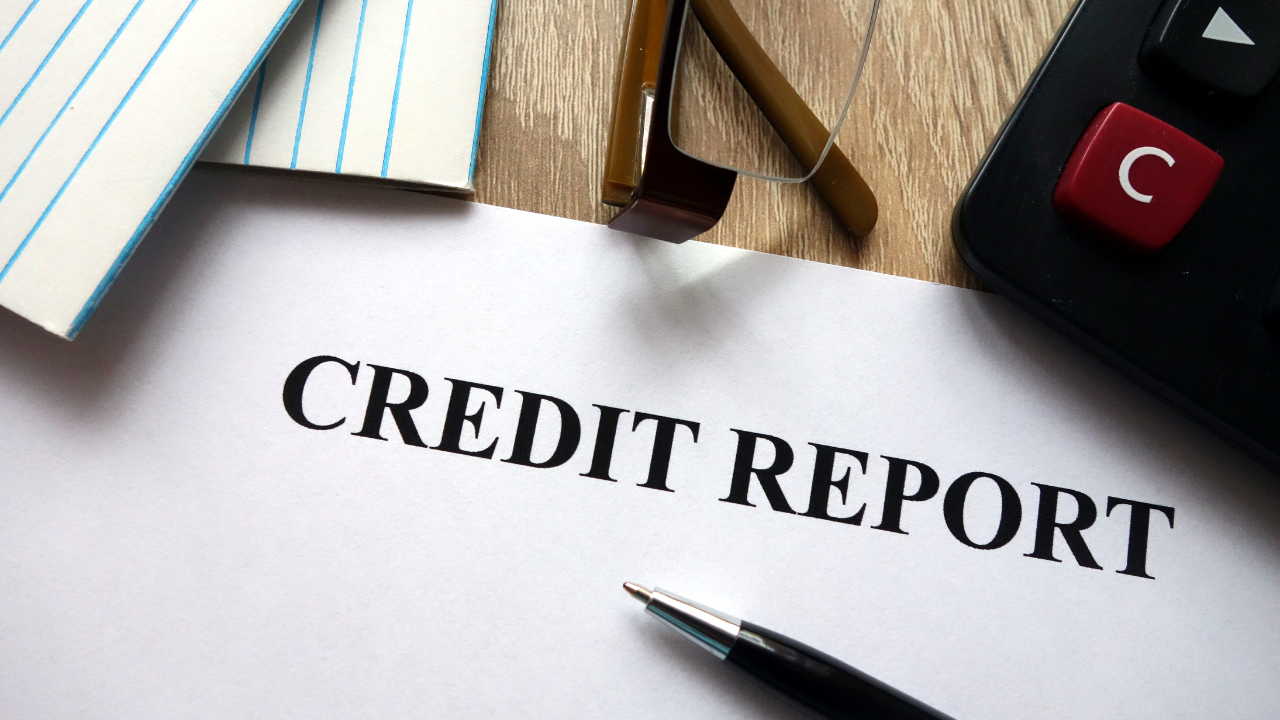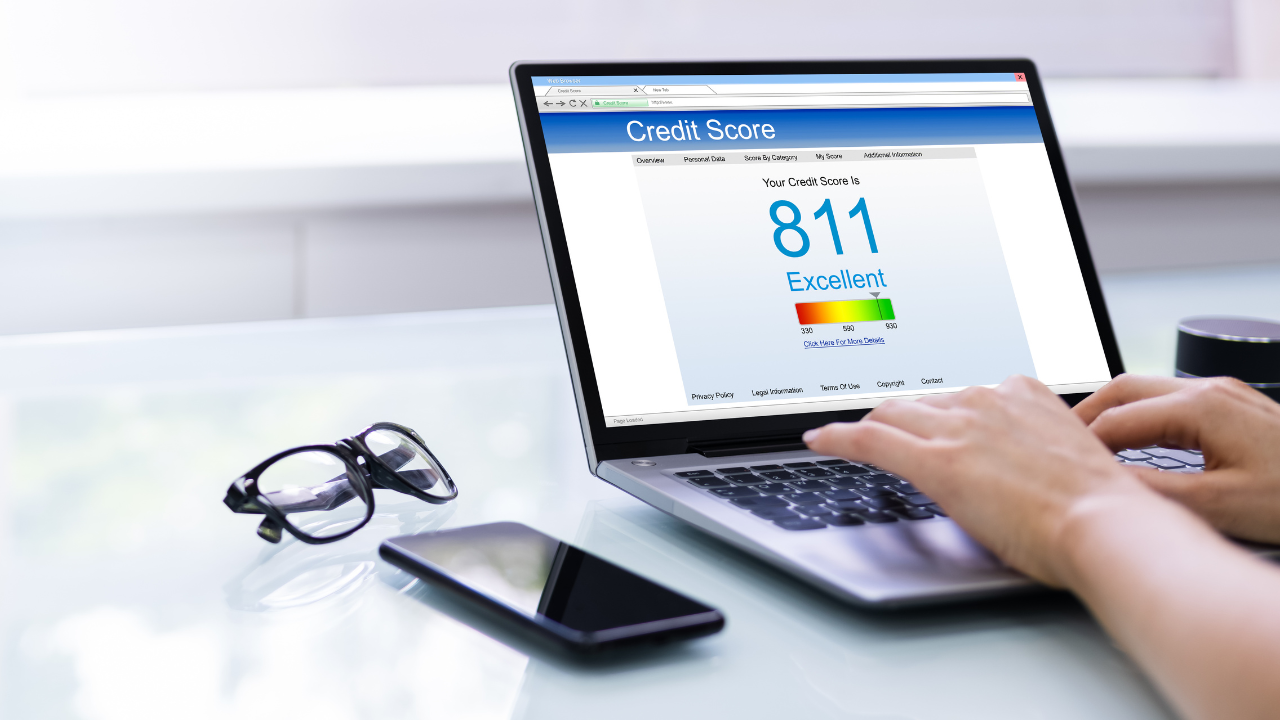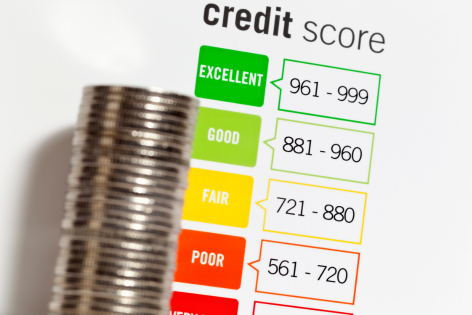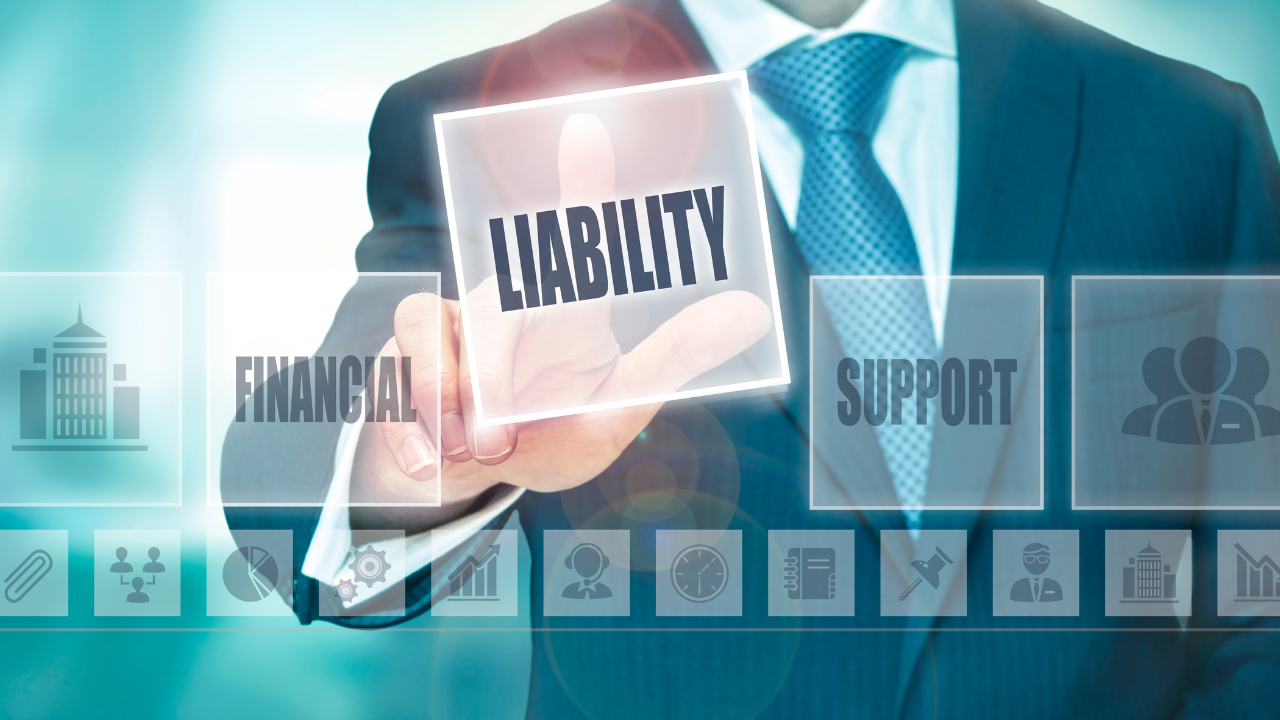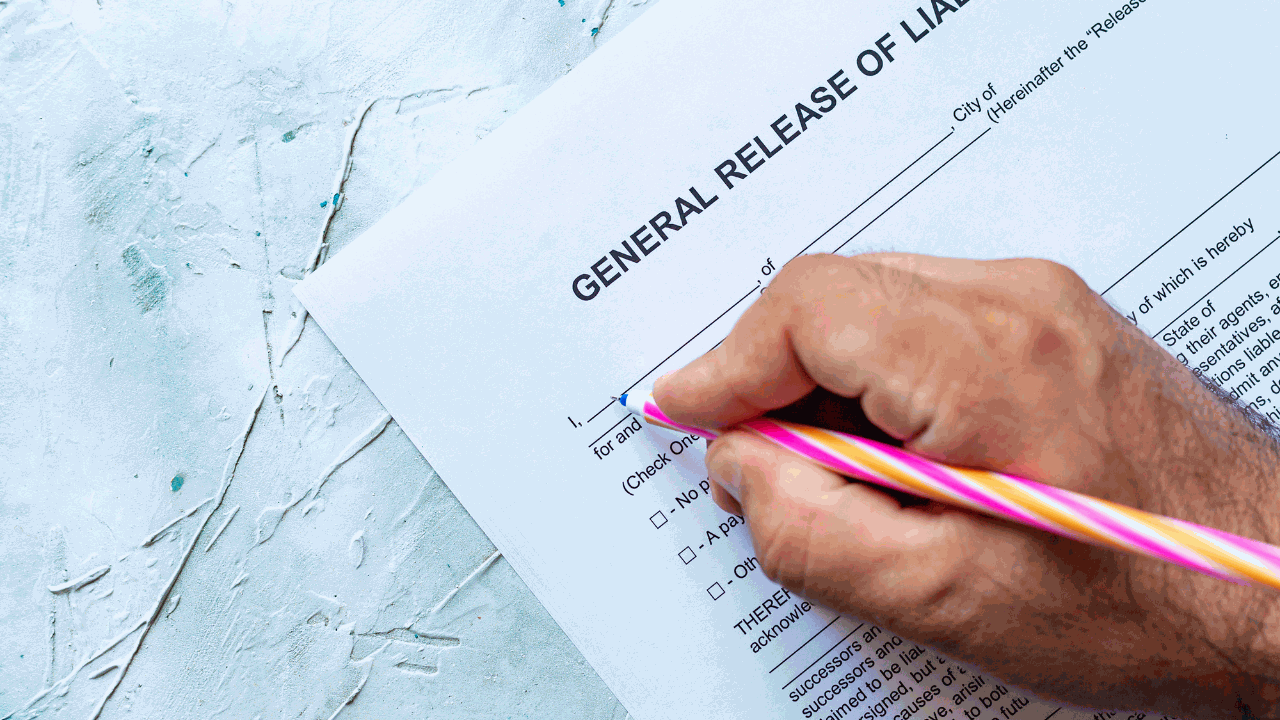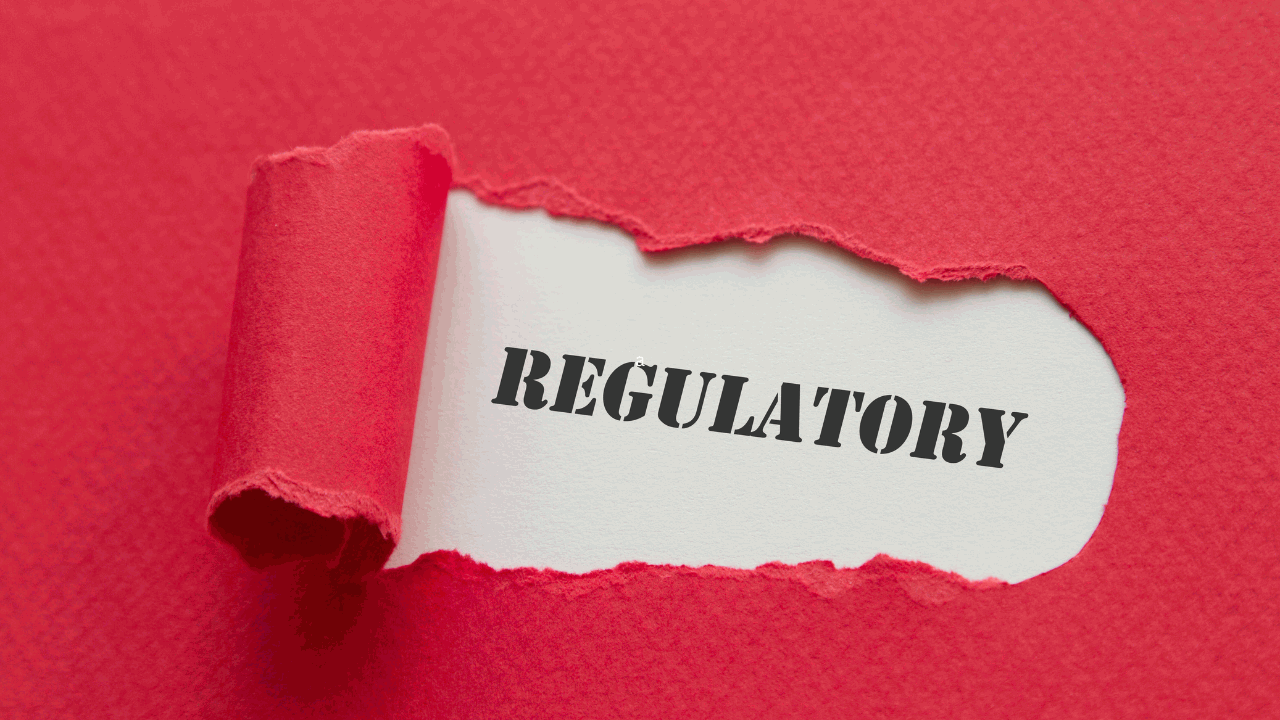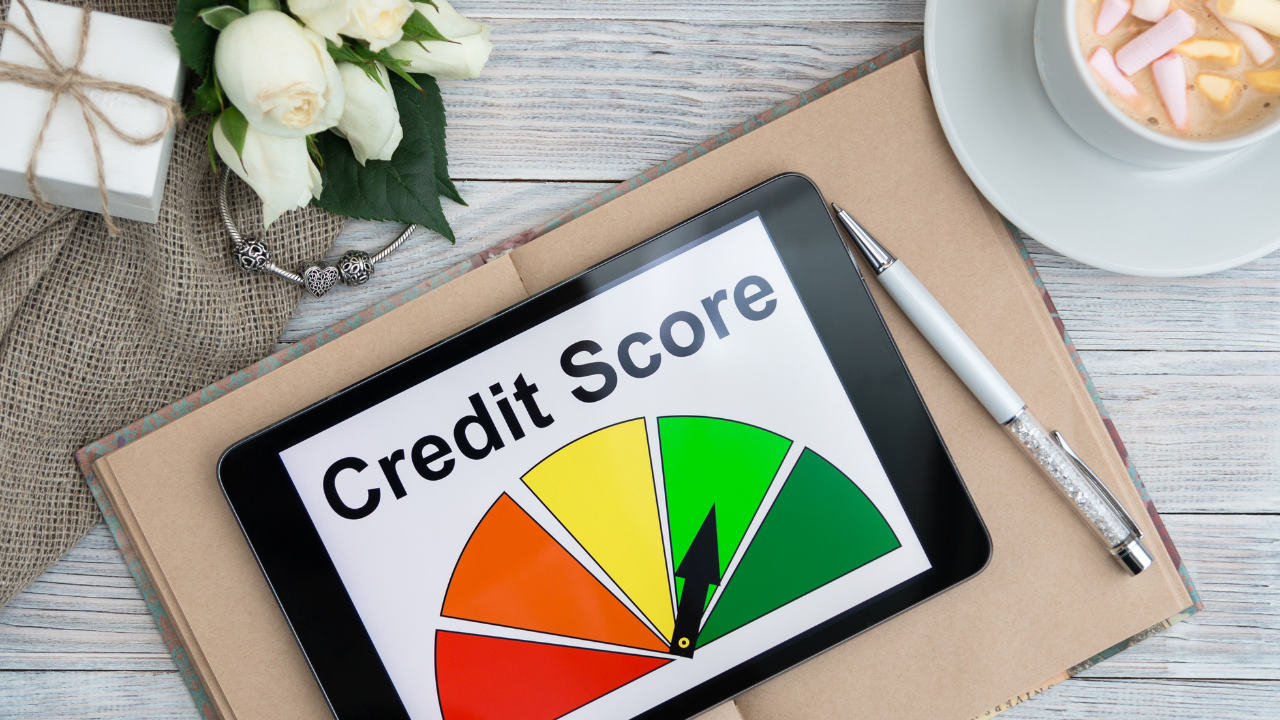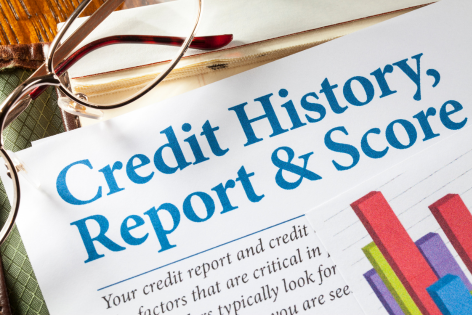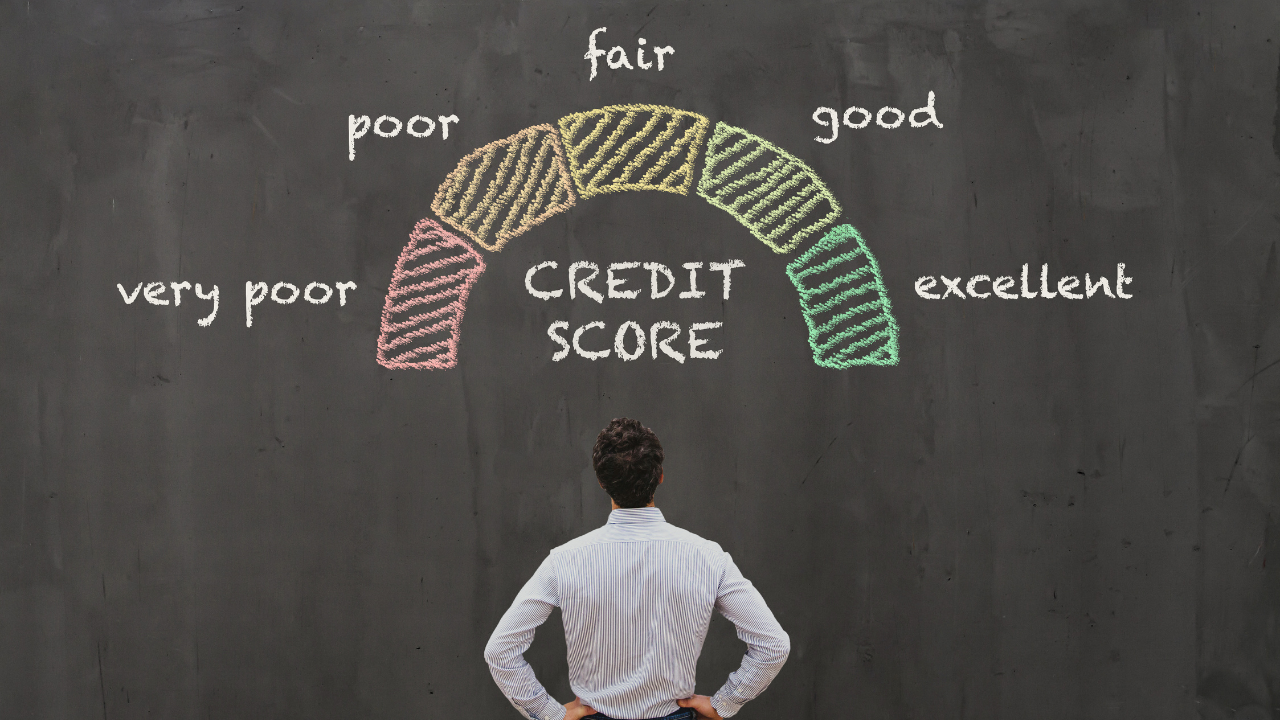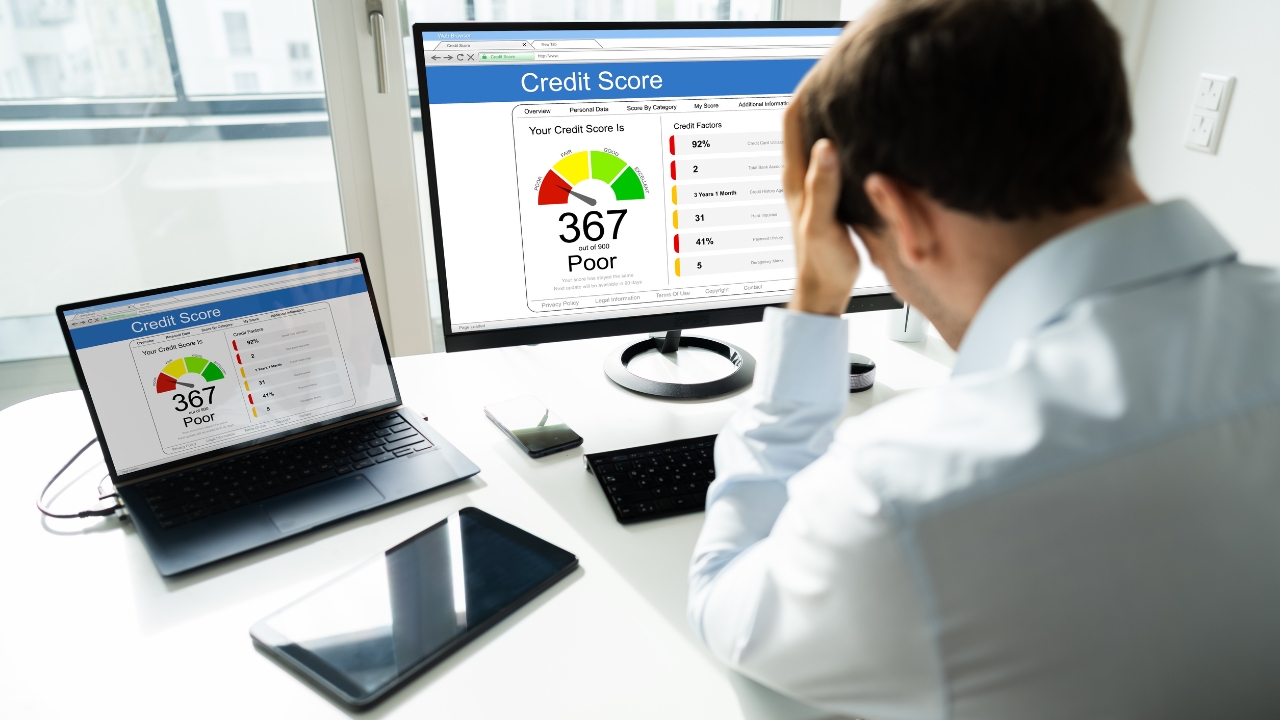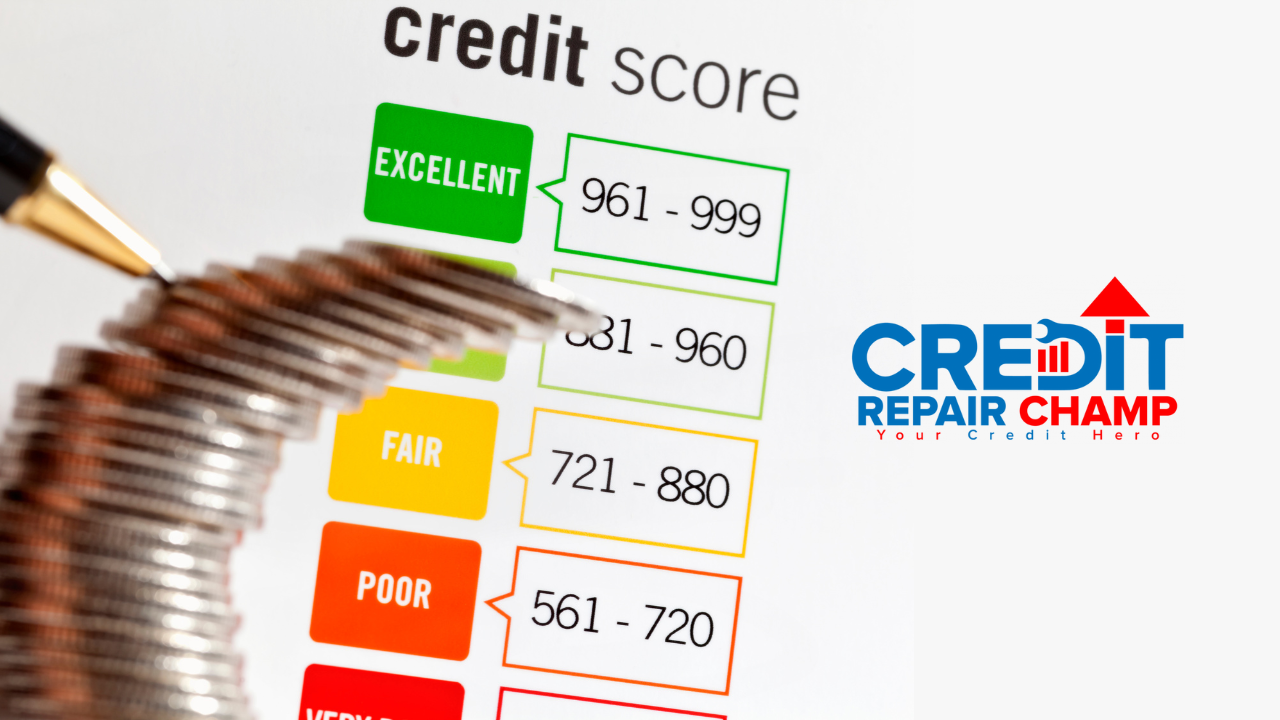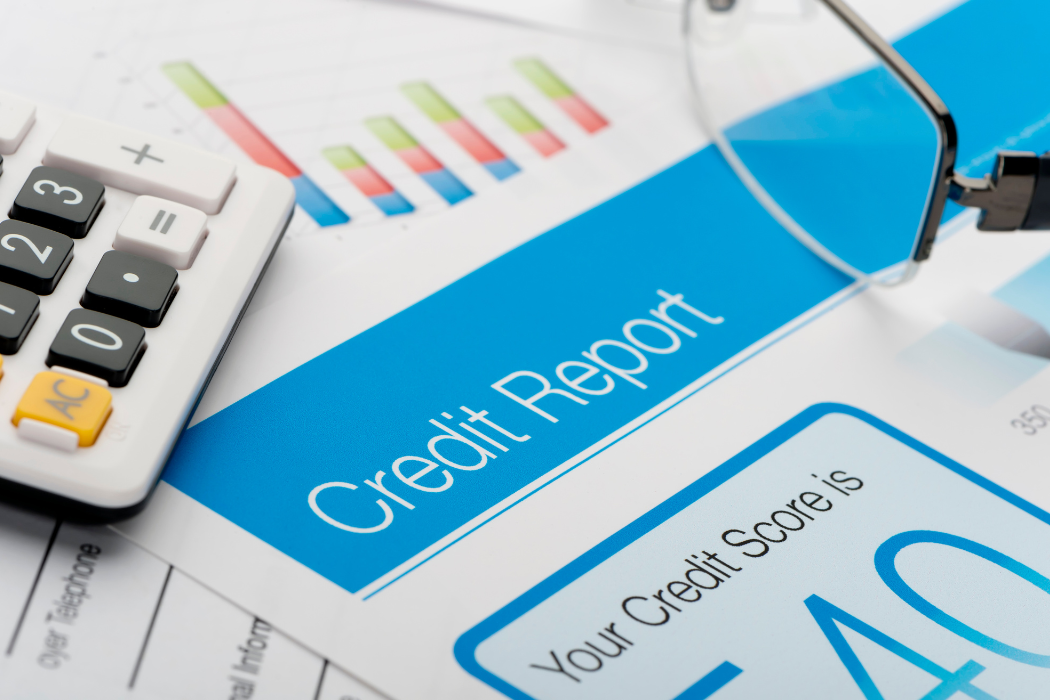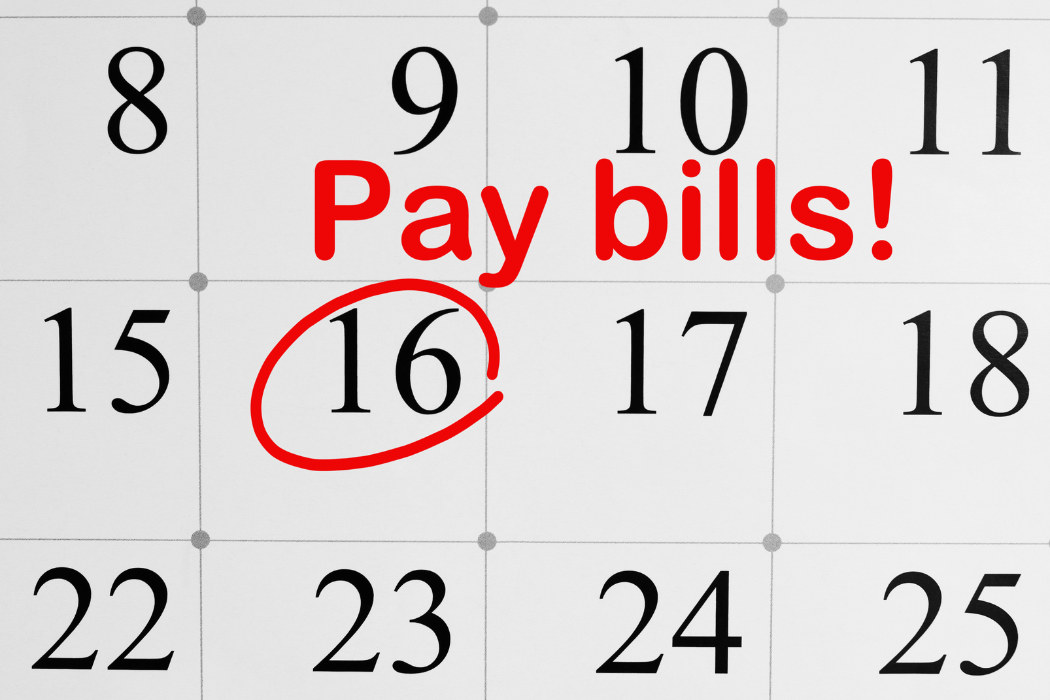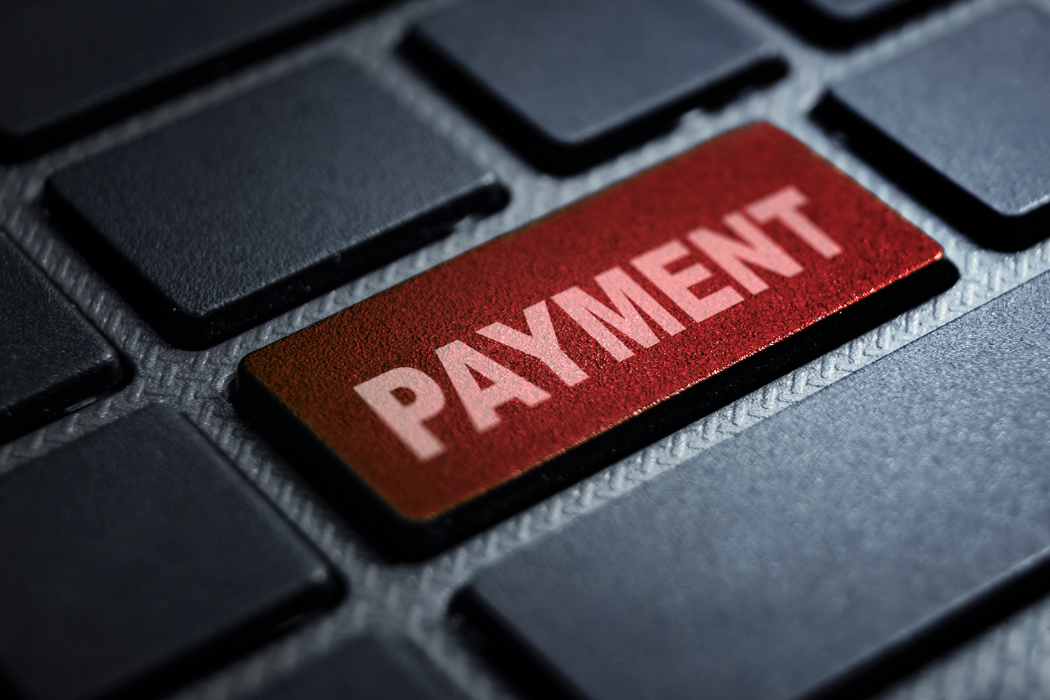Dispute Credit Report Errors
Credit report in your error can have a significant impact on your financial life. In this article, we’ll explore the vital process of disputing these inaccuracies to help you maintain a clean and error-free credit history. errors is ensuring you have the necessary tools to rectify these issues and secure your financial future.

Fortunately, disputing credit report errors is a straightforward process. Here’s how to do it:
Understanding Credit Report Errors :
Before you can address the problem, it’s essential to know what you’re dealing with. This section provides an overview of the common types of errors that can appear on your credit report.
Obtaining Your Credit Report :
Learn how to obtain a copy of your credit report from the major credit reporting agencies and why it’s essential to regularly review it.
Reviewing Your Credit Report :
In this section, we guide you through the process of thoroughly examining your credit report to identify potential errors.
Documenting Errors :
Discover how to meticulously document any errors you find, ensuring you have a clear record to support your dispute.
Initiating a Dispute :
We provide step-by-step instructions on how to dispute credit report errors with the credit reporting agencies and the furnishing creditors.
Communicating Effectively :
Learn how to craft effective dispute letters and communicate with credit reporting agencies and creditors to resolve the errors.
Monitoring Your Progress :
Track the progress of your dispute and learn how to follow up to ensure your credit report is corrected.
Maintaining an Error-Free Credit Report :
Once your errors are corrected, we discuss strategies to help you maintain a clean credit report and avoid future inaccuracies.
Here are some links for further reading on the topic:
For more information on credit repair and how to improve your credit score, visit Credit Repair Champ.

